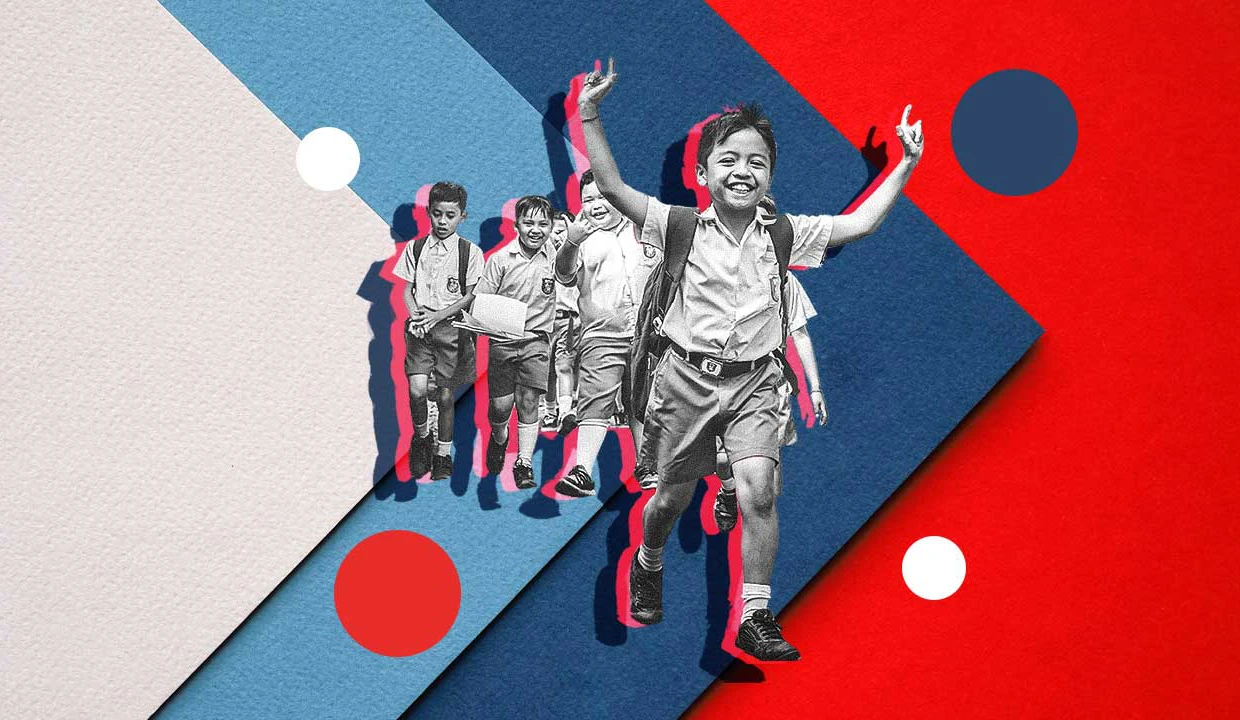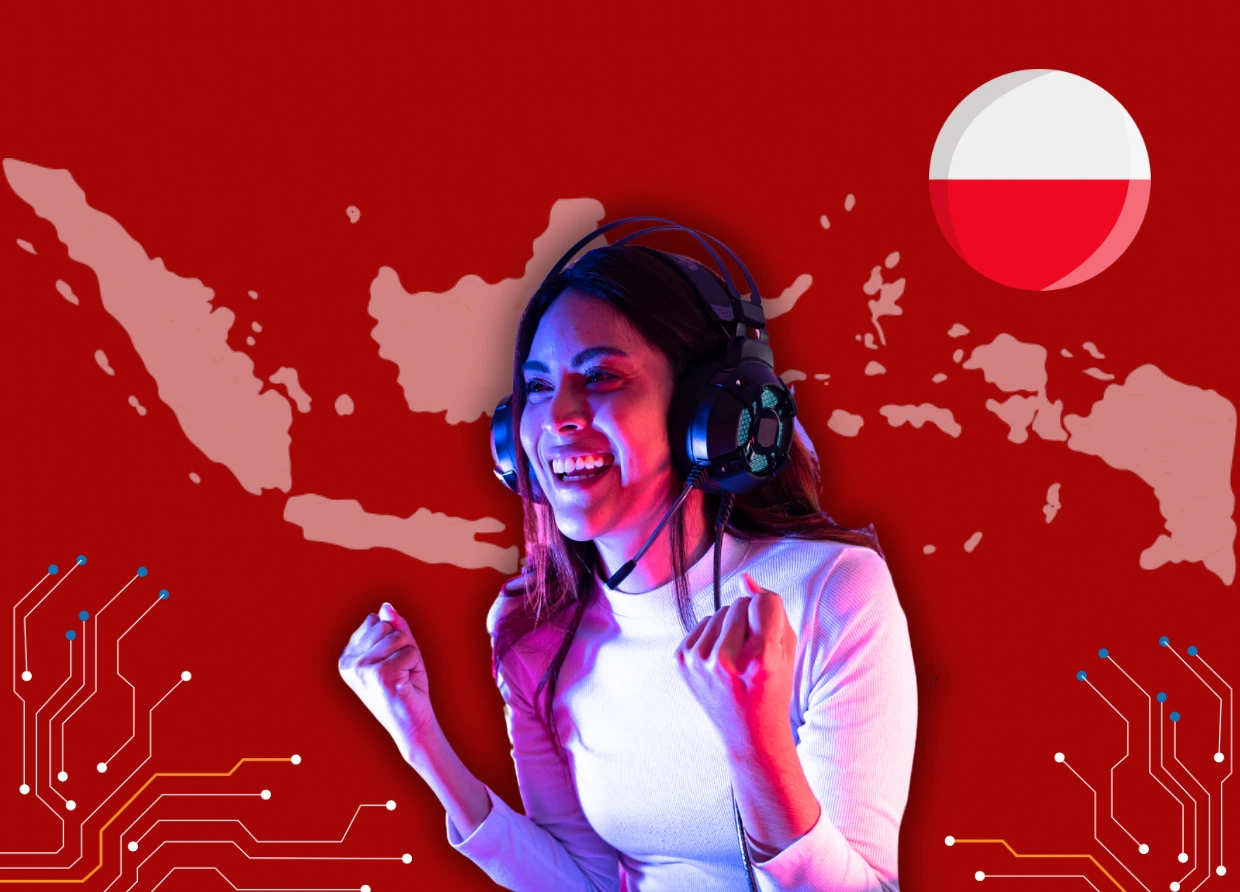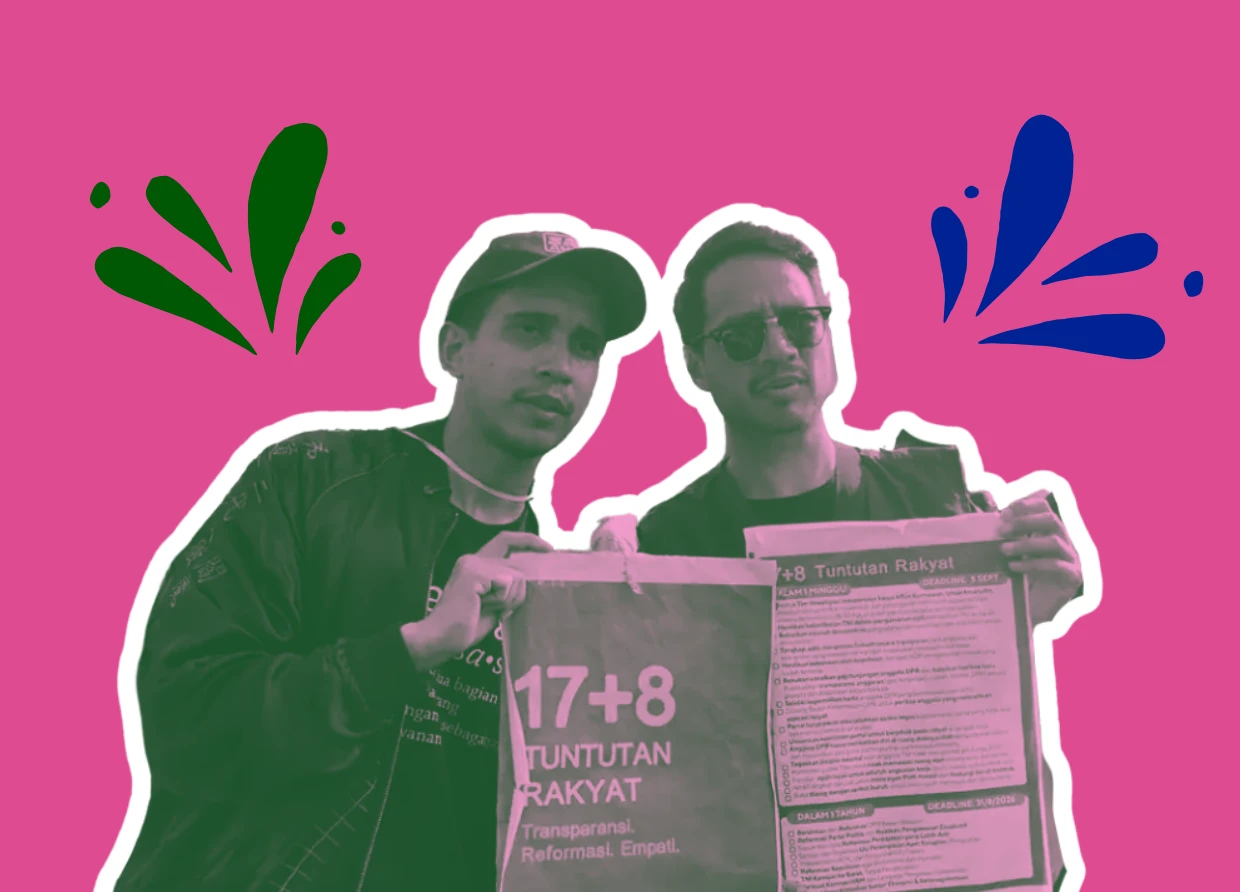HOW PANDEMIC IS REMOLDING EDUCATION IN INDONESIA
Seeing the challenge and hereafter that are faced with education in Indonesia.

The pandemic situation is still not showing any signs of ending. Its emergence brings massive changes in our life that we call the 'new normal'.
Education is the sector that is most affected during the pandemic. The learning system at various levels must inevitably undertake an online learning system that is very open to technology. Although it looks to run smoothly and deemed well-to-do, it's undeniable that we're still facing many challenges, mainly if we are linked to education at a higher level, which becomes a starting point for generating the best-qualified human resources.
Difficulty in changing methods from conventional to digital
The biggest challenge is how creative a teacher or lecturer should conduct attractive yet conducive online learning situations. Flexibility is encouraged as they need to change the teaching methods from conventional to digital. This is the part of the changes that we can see in technology-based education.

Seeing the situation at the university level, which is already getting used to the virtual learning system, the pressure is not distress. Different problems occur at the elementary and secondary levels. They are mostly still unfamiliar with online learning. It becomes a new habit and still needs familiarization with the process.
The poor internet connectivity makes it more challenging
Another challenge is the lack of electricity and internet connection, particularly for those who live in rural areas. Most teachers and students were not ready for the sudden move to online learning. According to The Ministry of Education and Culture (MoEC) Rapid Survey conducted on April 27, 2021, teachers identified internet networks and monitoring student progress as their key challenges.

Indonesia can support learning now and increase system resilience through investments in online teaching and learning capacities, data storage, and disaster-resilient infrastructure. For example, every sub-district has schools equipped with laptops/smartphones, internet, electricity, water and sanitation facilities, and a library with printed learning materials for self-learning.
Low-tech approaches should be available
The Internet and technology are still considered significant obstacles in rising crisis opportunities for education renewal in Indonesia. Thus, no-tech approaches for supporting learning should be resources. MoEC’s educational TV programming has become an essential resource, but more direct support is also needed.

In many areas without internet connectivity, teachers are already making home visits to students. Where these visits are appropriate, the government guides how to conduct them safely and clarifies that School Operational Funds (BOS) can be utilized to pay for teacher transport.
#THE S MEDIA #Media Milenial


























